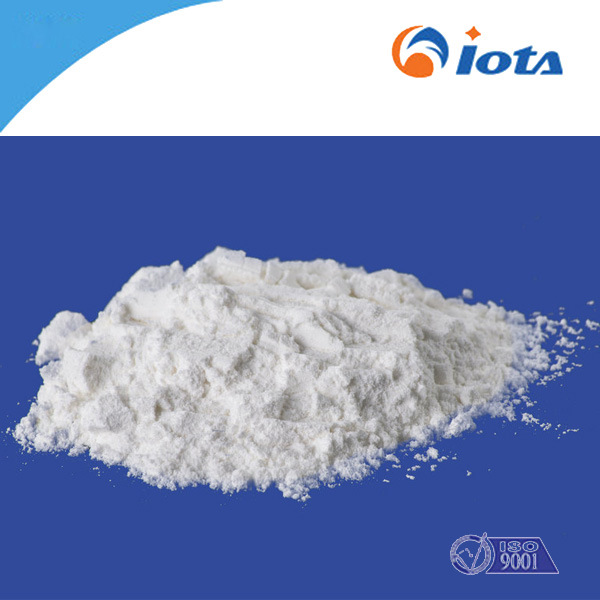Hits: 902 img
Silica has small particle size, large specific surface area, large surface energy, strong adsorption capacity, high purity, high stability, strengthening, thickening and thixotropy and other excellent properties, while it also shows unique properties in light absorption, magnetism, thermal resistance, catalysis and melting point, and is widely used in various industries as an additive, catalyst carrier, petrochemical, decolorizing agent, matting agent. Rubber reinforcing agent, plastic filling agent, ink thickening agent, metal soft polishing agent, insulation and thermal insulation filler, senior daily cosmetic filler and spraying materials, medicine, environmental protection and other fields.
1. Paint industry
Amorphous silica has a refractive index of 1.457, which is similar to that of conventional resin coatings, so amorphous silica is the first choice for high-grade coating matting agent, which has good optical properties in varnish and can produce matte and matting effects.
As we all know, wind power generation is a kind of environmentally friendly green new energy, the adhesive used on the blade is a strong polarity epoxy resin system, the blade size is large, the cross-sectional area is large, so the adhesion performance and strength requirements are extremely high, viscosity, anti-hanging performance and anti-settlement performance requirements are extremely high. As epoxy resin is a resin system with strong polar groups and strong polarity, usually hydrophilic vapor silica is used, which is prone to solsol-based effect, that is, after just dispersing, the viscosity and suspension effect are very good. However, after 7-10 days of placement, the polar groups destroy the hydrogen bonds that form the network structure, resulting in the cracking of hydrogen bonds, and problems such as dilution, non-thixotropy, and precipitation of fillers. Therefore, it is recommended to use strong hydrophobic modified nano-level vapor phase white carbon black for wind blade bonding agent, which has strong stability and avoids solvent-based effect.
2. Rubber industry
Silica as a widely used environmental protection rubber reinforcing agent, silicone rubber has excellent high temperature resistance, insulation, heat insulation, chemical resistance, anti-pollution and other properties, in the national defense industry, building decoration, aerospace and other fields have an irreplaceable role.
When it is used as a tire tread reinforcing agent, it can reduce rolling resistance at the same time, maintain excellent skid resistance, can also save fuel, reduce vehicle exhaust emissions, and roll resistance can be reduced by about 30%, is an important raw material for the manufacture of "green tires".
After AMI modification of silica particles, the interaction between particles is reduced, and the agglomeration is reduced. When used for doping rubber, the rubber vulcanization is promoted to a certain extent, and the rubber molecular chain is arranged in a more orderly way.
